
Have you ever wanted an easier way to remove ticks that’s also non-toxic and reusable? Well Tick Mitt is the perfect solution for you! Tick Mitt was founded by Olivia Abrams in March 2023 after she realized that she wanted to continue entrepreneurship after graduating from Lehigh University in 2021. Olivia had to create a business plan for her final entrepreneurship class at Lehigh, and she chose to do it on Tick Mitt.
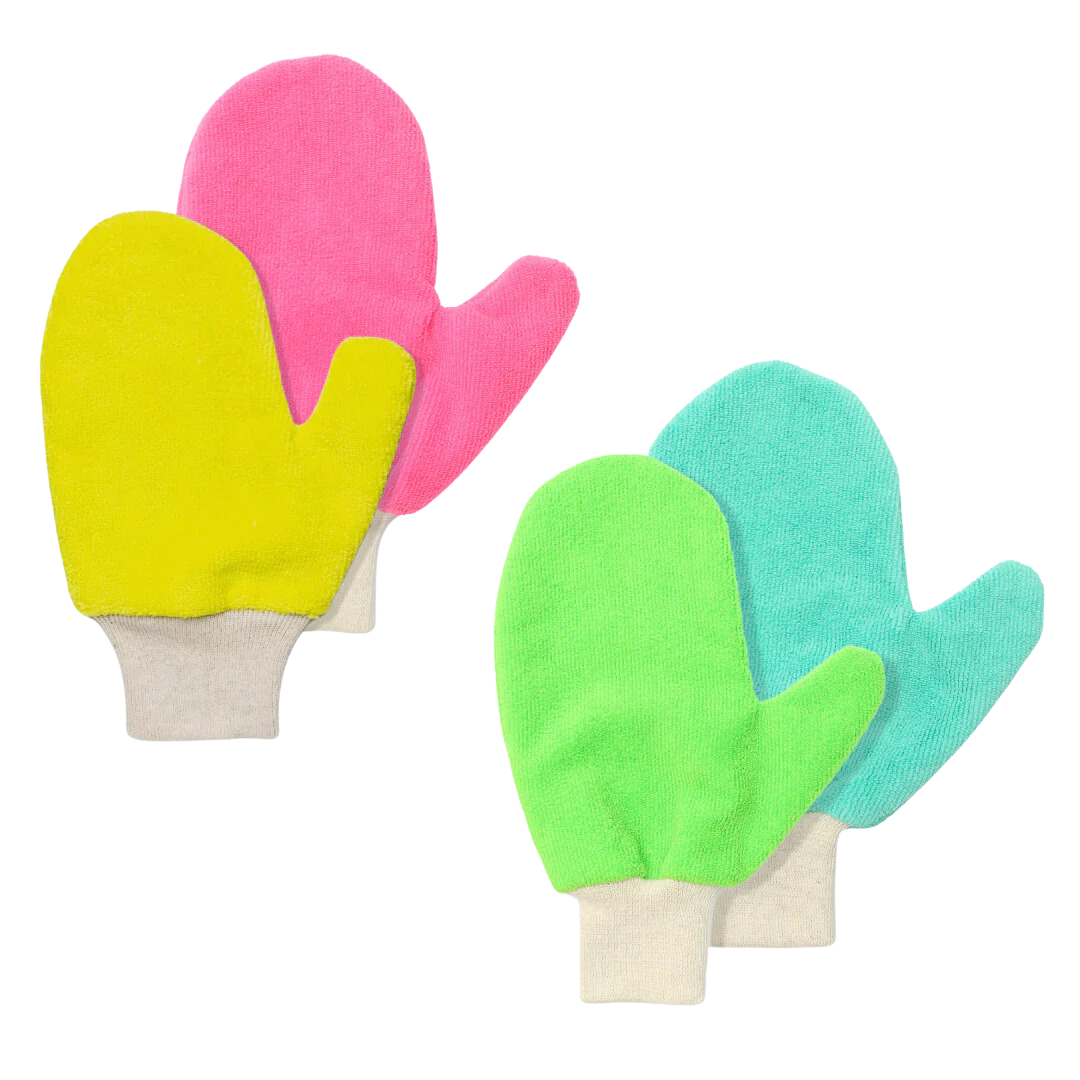
Her father Steve also just recently sold Magnolia Bakery in 2021, but it wasn’t till late 2022 that the both of them started thinking about continuing Tick Mitt and launching the idea. Both Olivia and her dad Steve have been bitten by ticks in the past, which made her want to continue with Tick Mitt. They both wanted to focus on reducing tick bites and tick-borne diseases. Olivia’s venture was funded with some money from the Magnolia sale and some of their media connections.
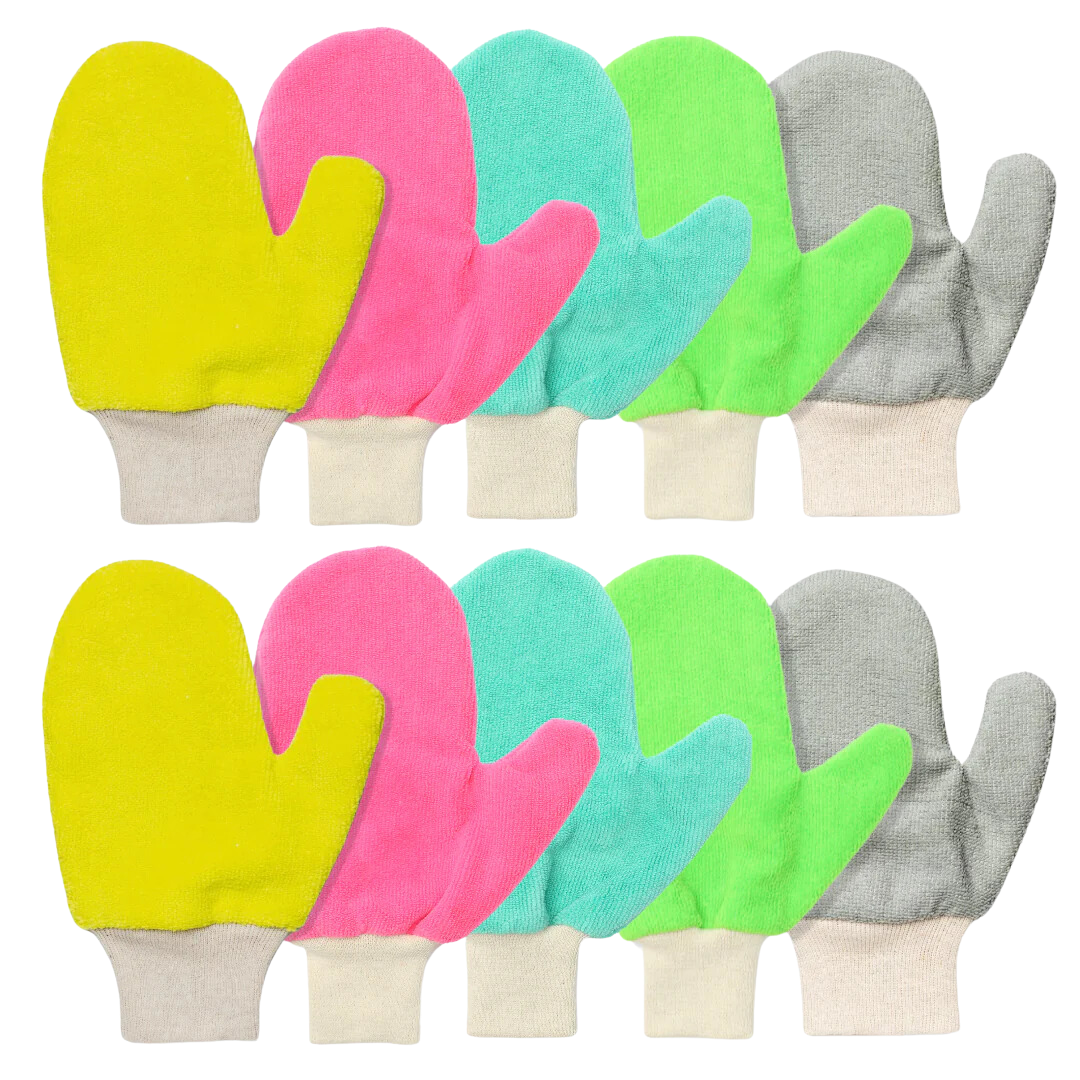
But what really is a Tick Mitt product? The Tick Mitt product is a mitt that can remove any loose ticks, while also being washable and reusable. The mitt is eco-friendly, non-toxic, reusable, and can be used for pets and humans. Steve and Olivia partnered up with a tick expert and product engineer to create the mitts to cling onto ticks. Olivia first focused more on pets in the beginning and then branched off to target camping, hiking, gardening, and other outdoor activities. Since they’ve expanded their target market, they’ve helped lots of people gain their freedom to the outdoors again without fearing ticks as often. Tick Mitt has been featured on Good Morning America and The View, which caused her products to be sold out immediately in the beginning. So far, the company has made around $450,000 in sales and has been sold in the U.S., Canada, South Korea, Sweden, and Norway. Tick Mitt has also won Product of the Year award at Outdoor Retailer, and more than 25,000 people have used it. The mitts come in many different colors and are easy to use and re-use!
You can check out her website here!
Sources:
TiCK MiTT – Tick Remover for People and Pets
Female alumnae find entrepreneurial success – The Brown and White
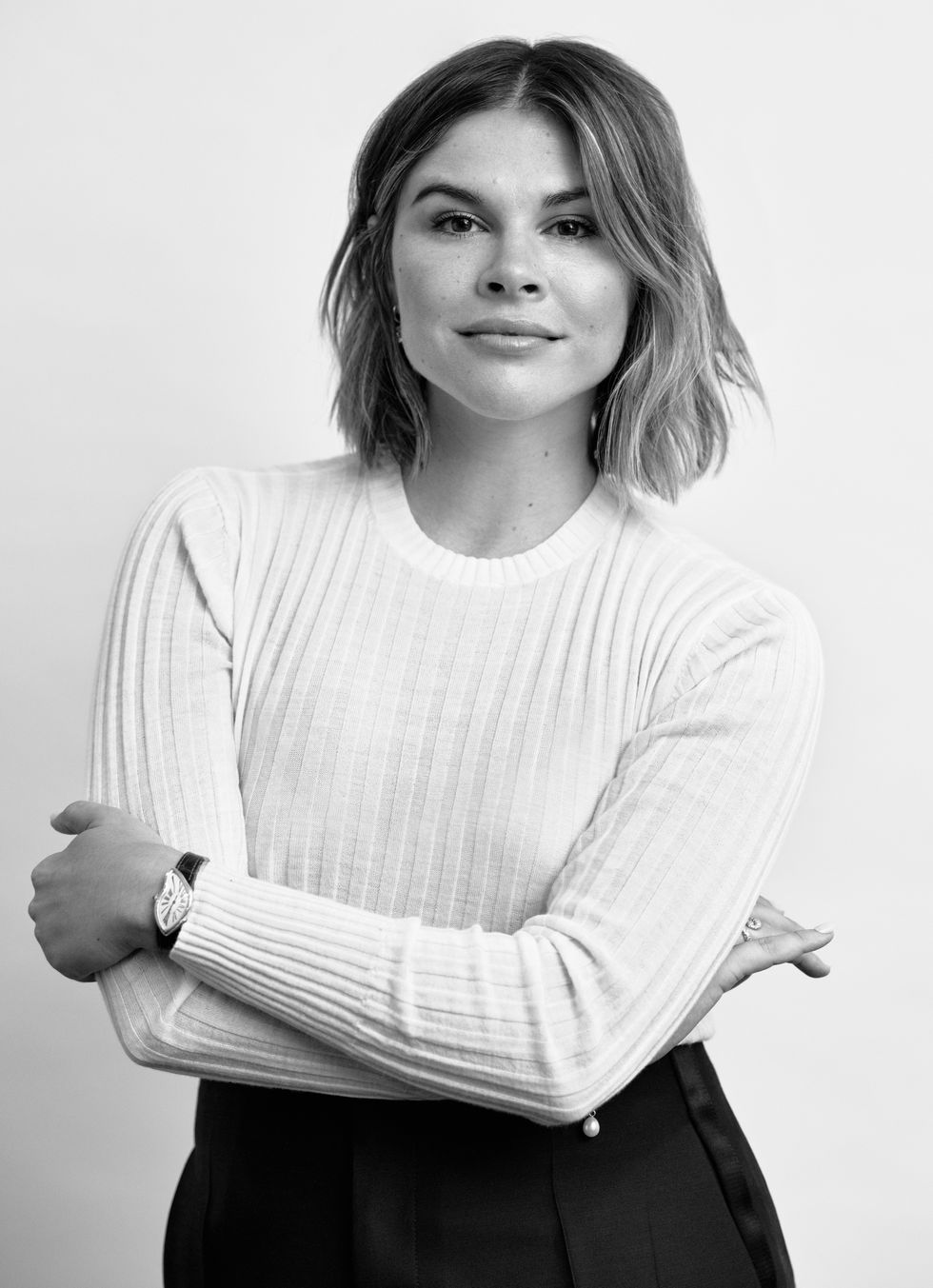
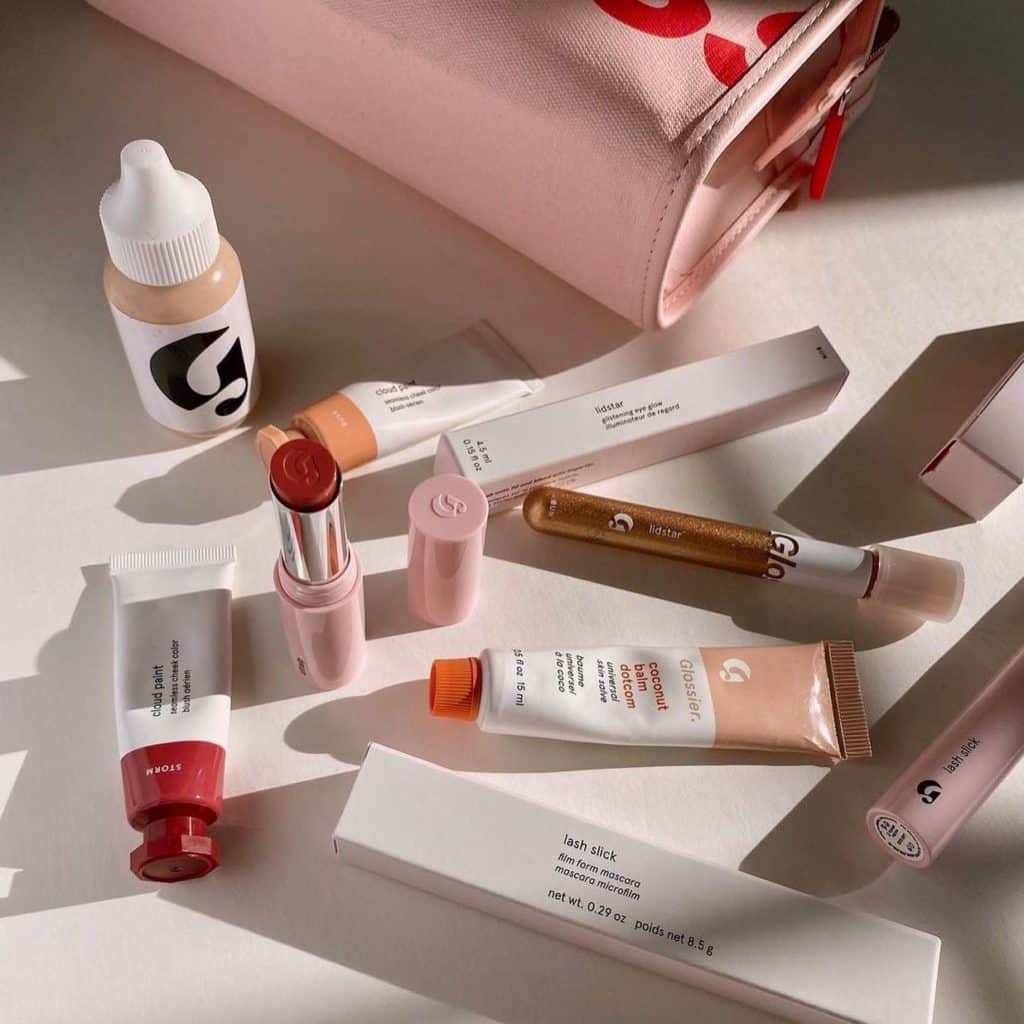

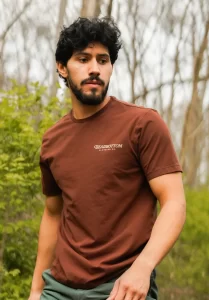 clothing production in India. Though still a high school student, Felder began to devise the clothing brand Bearbottom Clothing as a solution to fill the void of quality jobs and basic necessities like clothing. In 2014 Felder launched his brand and immediately gained significant traction on account of Bearbottom’s sustainability and heart-warming mission. His mission was to produce sustainable menswear that was also ethically made. He planned to create this impact by donating a school meal and clothing to children in Bangladesh for every purchase made. He was extremely successful in creating this impact as he has now donated over 700,000 meals and 100,000 pairs of shorts to Bearbottom partner communities. This is incredibly inspiring to me, as Felder used his creativity and innovative mind to love people well. Everything about Bearbottom is ultimately driven by a desire to create a positive impact in communities that are in need. What a wonderful mission and quality product.
clothing production in India. Though still a high school student, Felder began to devise the clothing brand Bearbottom Clothing as a solution to fill the void of quality jobs and basic necessities like clothing. In 2014 Felder launched his brand and immediately gained significant traction on account of Bearbottom’s sustainability and heart-warming mission. His mission was to produce sustainable menswear that was also ethically made. He planned to create this impact by donating a school meal and clothing to children in Bangladesh for every purchase made. He was extremely successful in creating this impact as he has now donated over 700,000 meals and 100,000 pairs of shorts to Bearbottom partner communities. This is incredibly inspiring to me, as Felder used his creativity and innovative mind to love people well. Everything about Bearbottom is ultimately driven by a desire to create a positive impact in communities that are in need. What a wonderful mission and quality product.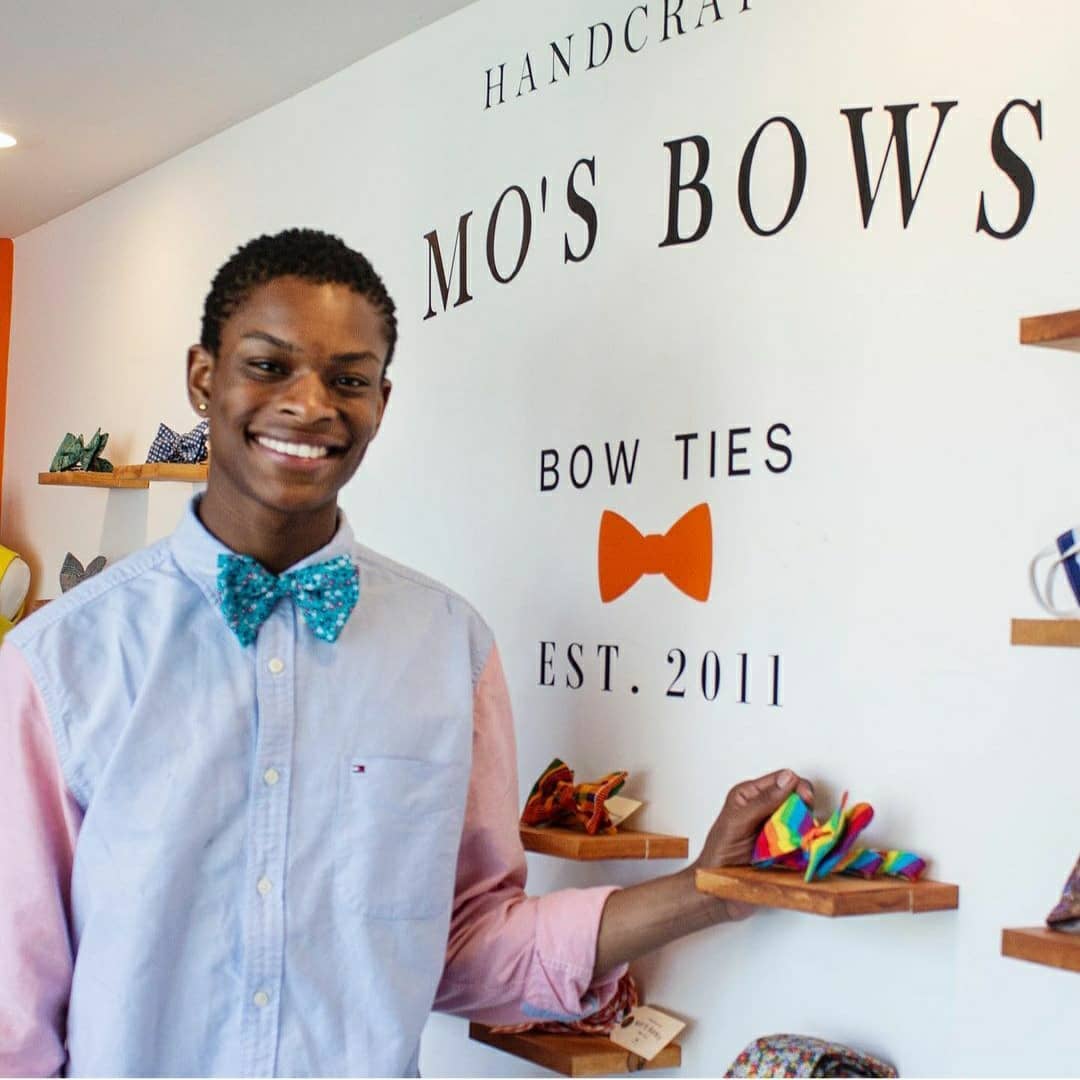



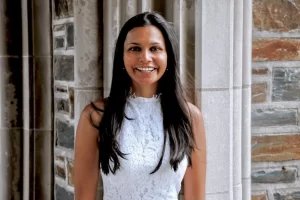
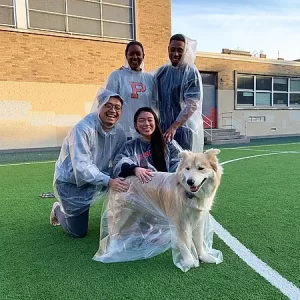
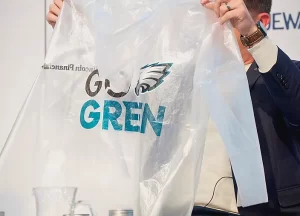
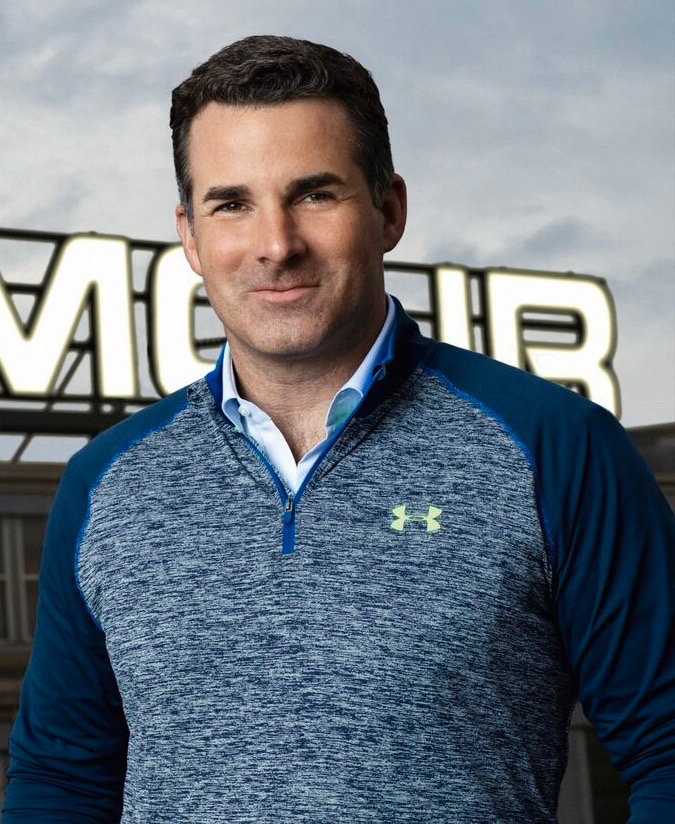 You might not know who Kevin Plank is, but at a place like Grove City College, his business is literally all around you. Kevin Plank is the creator of Under Armour. Picture this: you’re in the mid-’90s, and you’re a college football player frustrated with how sweaty and uncomfortable your workout gear is. While most of us weren’t even born yet, Plank was on a mission to revolutionize sportswear that we all know and love today. That probably makes you feel old.
You might not know who Kevin Plank is, but at a place like Grove City College, his business is literally all around you. Kevin Plank is the creator of Under Armour. Picture this: you’re in the mid-’90s, and you’re a college football player frustrated with how sweaty and uncomfortable your workout gear is. While most of us weren’t even born yet, Plank was on a mission to revolutionize sportswear that we all know and love today. That probably makes you feel old.